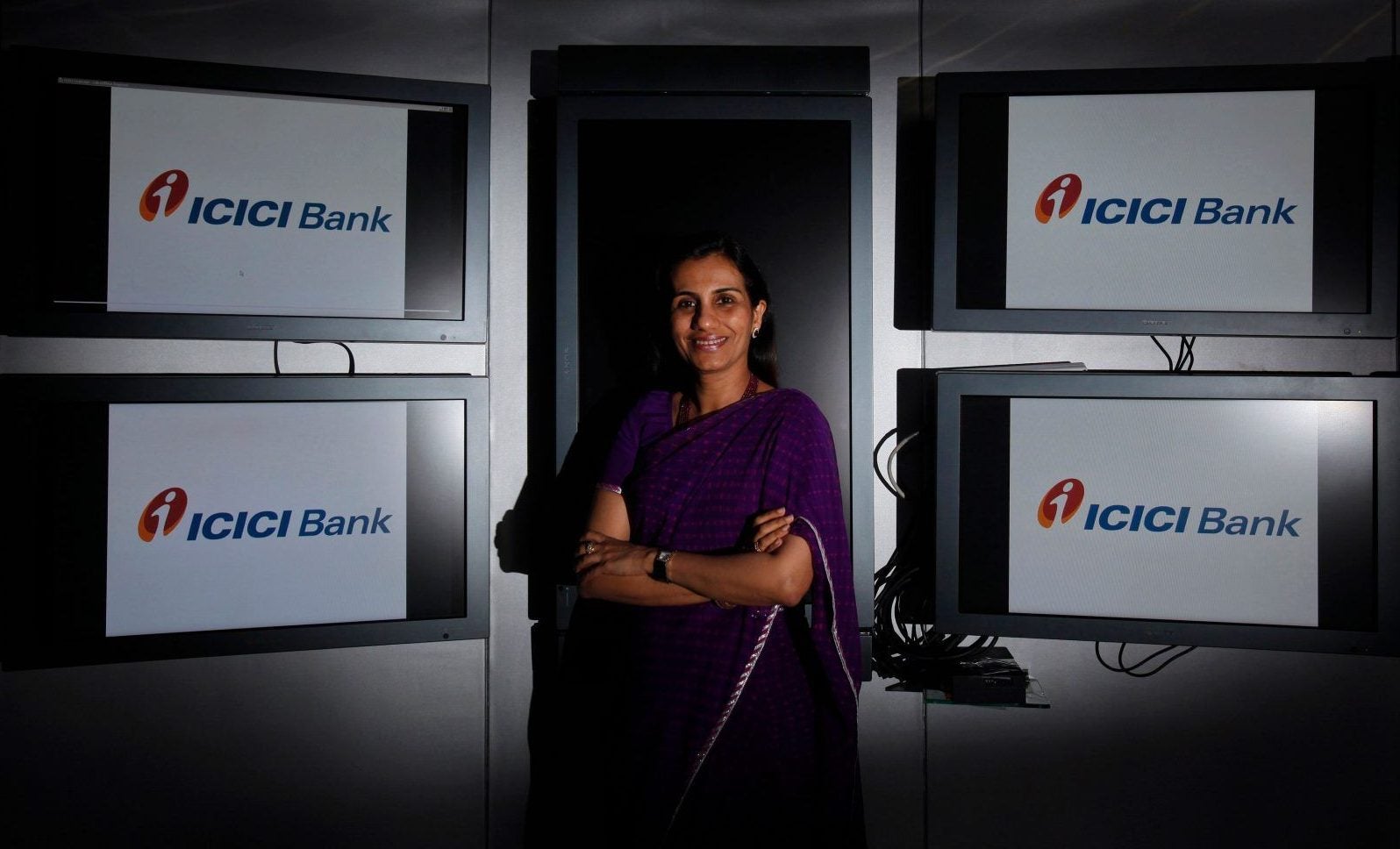Timeline: How Chanda Kochhar ruined her 34-year career with missteps in the last few
An ignominious end to Chanda Kochhar’s illustrious career would have been unimaginable just a few months ago.


An ignominious end to Chanda Kochhar’s illustrious career would have been unimaginable just a few months ago.
But that’s how it turned out ultimately.
An external committee probing a whistleblower’s allegations against the former ICICI Bank chief yesterday (Jan. 30) found her guilty of nepotism and favouritism in a loan-disbursal case. She was accused of unfairly granting funds to NuPower Renewables, a firm founded by her husband, Deepak Kochhar.
Chanda Kochhar, who had stepped down from her post as managing director and CEO in October 2018, after 34 years of service, has completely denied any wrongdoing and expressed grief over the bank’s handling of the issue. In a statement issued on Jan. 30, she said:
“I am utterly disappointed, hurt, and shocked by the decision. I have not been given a copy of the report. I reiterate that none of the credit decisions at the bank are unilateral. ICICI is an institution with established robust processes and systems which involve committee based collective decision making with several professionals of high caliber participating in the decision making. Hence the organization design and structure obviate the possibility of conflict of interest.”
A doyen of Indian banking, Kochhar is a recipient of the Padma Bhushan, one of India’s highest civilian honours. Here’s a look at the events over the past decade that finally led to her fall:
2008: Deepak Kochhar, along with Videocon group chairman Venugopal Dhoot, sets up NuPower Renewables.
May 2009: Chanda Kochhar is promoted as CEO of ICICI Bank, takes over bank’s charge from KV Kamath.
June 2009-October 2011: ICICI Bank sanctions six high-value loans to various Videocon Group companies. Now, it is alleged that Kochhar received kickbacks on these.
2012: ICICI Bank grants a loan of about Rs3,250 crore to NuPower Renewables.
Before the loan’s sanction, Dhoot transfers a controlling stake in NuPower to an associate, Mahesh Chandra Punglia. Following the loan-approval, Punglia sells his stake to Deepak Kochhar for a mere Rs9 lakh.
2016: Arvind Gupta, a whistleblower, writes to prime minister Narendra Modi and finance minister Arun Jaitley alleging favouritism by Kochhar in the loan extended to NuPower Renewables.
The letters are forwarded to Reserve Bank of India (RBI). A central bank probe finds no misconduct.
ICICI Bank appoints law firm Cyril Amarchand Mangaldas to probe the issue; Kochhar gets a clean chit in December 2016.
2017: Almost 86% of the loans granted to the Videocon group (Rs2,810 crore) remained unpaid and turn into non-performing assets.
March 2018: The whistleblower’s letter surfaces in a blog and the issue blows up. However, the board stands by Kochhar, dubbing the allegations “malicious and unfounded rumours.” But the Central Bureau of Investigation (CBI) steps in and launches a probe.
April 2018: The CBI brings in Deepak Kochhar for questioning.
The government changes its nominee on ICICI Bank’s board without offering any reasons. The hasty clean chit to Kochhar is believed to be the trigger.
May 2018: The scope of the probe widens after market regulator Securities and Exchange Board of India initiates an inquiry against Kochhar and the bank for not making adequate disclosures. As pressure mounts, the board conducts an independent probe.
June 2018: The ministry of corporate affairs also launches a probe. The ICICI Bank board appoints a former judge of the supreme court, BN Srikrishna, to head the external inquiry committee.
Kochhar goes on her annual planned leave. Later the bank says Kochhar’s leave will continue till the probe against her is completed. It creates a new position to oversee and manage the lender’s business in her absence, appointing old hand Sandeep Bakhshi to this position.
October 2018: Kochhar decides to step down and Bakhshi is promoted to replace her.
January 2019: The CBI finally files an FIR, accusing Chanda Kochhar of criminal conspiracy. Her husband, Dhoot, and several other prominent bankers on the bank’s credit committee are also named.
The Srikrishna panel submits its report to the board, the contents of which are not known. But the board issues a strong statement holding Kochhar accountable and fires her retrospectively. The lender demands a withdrawal of perks and bonuses awarded to her during her tenure as CEO.